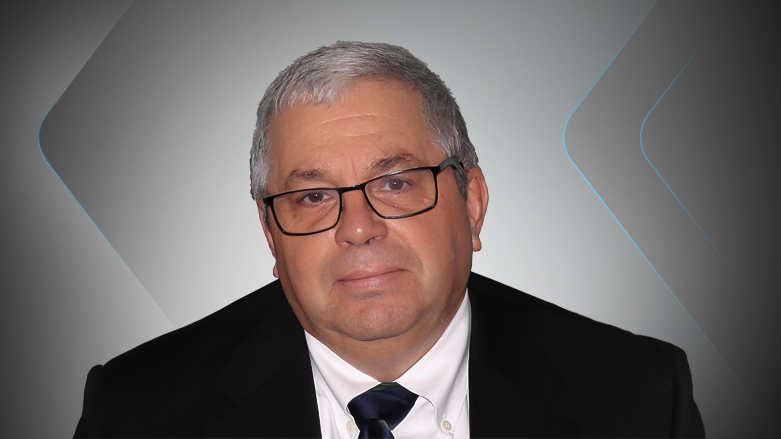What impact will the May 12 election have on Iraq?

The leading candidates in the upcoming Iraqi parliamentary elections are current Prime Minister Haider al-Abadi, former PM Nouri al-Maliki, and former Transportation Minister and leader of the Fatah Alliance Hadi Al-Amiri. One can argue that it makes little difference on who wins since both Abadi and Maliki belong to the Dawa Party and are under the control of Iran. As a result, it will be more important to see the number of seats Fatah wins. The discussion will then become to what degree will Iran influence the central government in Baghdad.
Most Iraqi citizens agree the country is in need of reform and live every day with the results of the power grabs of partisan politicians. This statement can, of course, be true of any government on earth. In Iraq, however, it has been a recent and imposed political process that is destroying the system. Since the fall of Saddam Hussein, Iraq was forced to live under occupation laws followed by a government and constitution written by the West—with some input from Iraqis—that ignored the culture and true nature of the people. This last is especially true in the Kurdistan Region.
The upcoming elections are, therefore, a contest between majority Shia parties that are under various levels of control from Tehran. While Abadi walks a thin line between Iran and the West, Maliki is in favor of strong ties and support from the Iranians. The Fatah Alliance, meanwhile, is entirely under Iranian control. The number of seats Fatah wins will be crucial to the analysis of the future of Iraq.
The outcome will likely be decided in the occupied “disputed” territories. The Fatah Alliance is formed by components of the Iranian-backed Shia-dominated Hashd al-Shaabi. The Hashd al-Shaabi control voting locations in disputed areas, and they can also control the return of Sunni voters from displacement camps. Additionally, the Iran-backed militias can influence the votes cast by those Sunnis who will be voting as displaced persons.
What then will the impact of the elections be? For one, they will likely solidify Iran’s control over Iraq. They may also bring in a solidly sectarian government. While there is a decreasing belief in the constitution as a guide to governance or a constraint on governmental overreach, this election may seal the end of constitutional control. On the other hand, should Fatah fail, there may be hope for the restoration of a democratic government.
The hoped-for outcome rests on the premise of a free and fair election. This is where the US and other Western nations fail in the area they are most capable of—election monitoring. It is imperative the world realizes that the election results represent the desires of the Iraqi people. On the other hand, it is imperative that politicians and elites understand there will be consequences for corruption. Baghdad is dependent on Western money in the form of donations as well as Western military assistance.
A global donor conference received pledges of $30 billion, far short of the $88 billion Baghdad said it needed. Many of these pledges are contingent on a workable plan to put the money to good use. The problem, though, is that Iraq is listed as the 10th most corrupt country in the world. Should the election prove to be another example of corruption, much of those pledges will not materialize.
The probability of either Abadi or Maliki becoming the next Prime Minister is high. The true impact will be in the number of seats Fatah wins and if the election can be certified fair.
Paul Davis is a retired US Army military intelligence officer. He has been a consultant to the American intelligence community specializing in the Middle East with a concentration on Kurdish affairs. Currently, he is the President of the consulting firm JANUS Think in Washington DC.
The views expressed in this article are those of the author and do not necessarily reflect the position of Kurdistan 24.
Editing by Karzan Sulaivany
